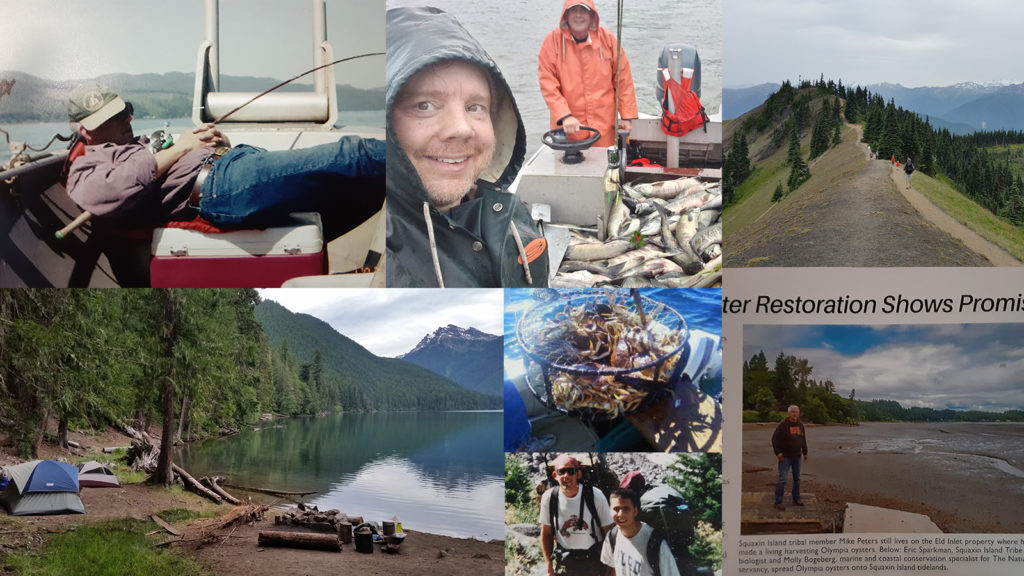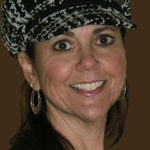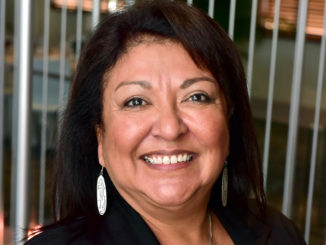TG&H: You have a long history in Tribal gaming, as well as economic development. What do you see happening for Tribes today in economic development and diversification that you believe are the most forward thinking?
MP: Tribes often are their region’s number one employer. This is usually through the government and gaming enterprises. In the Northwest we depend on maximizing the Tribe’s sovereignty for the economic advantage of the region. We are fortunate in that the Tribes and the State of Washington recognize that government-to-government relations extend to meeting social and health welfare of the community at large. And of course, expanding Tribal and individual entrepreneurship opportunities are at the top of the list. Some Tribes are developing health (medical and mental) facilities along with the expansion of dependency treatment centers as a business rather than a government service. There is a market in most communities for this model. We are experts at building effective and efficient enterprises. Working with local jurisdictions to meet the regional needs may lead to a new enterprise. You might be surprised how beneficial formally working with a local jurisdiction might be to diversifying enterprises.
TG&H: As a member of the Squaxin Island Tribe in Washington, what have been the biggest impacts to your Tribe in the last ten years and what do you foresee in the future?
MP: The growing and retail of cannabis has provided additional tax base to the Tribe. However, the biggest impact to the Squaxin Tribe really has been the expansion of our shellfish industry. We operate Salish Seafoods (Manila clams, Geoduck, and oysters) farmed and harvested from on and off reservation tidelands. Additionally, individual Tribal members harvest clams managed by the Tribe’s Natural Resources Department both on and off reservation under the Tribes Treaty Right. Salish Seafoods purchases these clams. Individual members primarily harvest wild resources. Salish Seafoods operates a farm, producing shellfish seed, planting, managing and harvesting for sale. The expansion of farm-raised Geoduck has provided the largest return and will continue to be a prominent part of future revenue growth.
We are also looking at expanding off reservation fuel, cigarette, and cannabis retail sale locations.
TG&H: You live in a very unique environmental area — what are some of the very unique features to your area and how do you embrace them?
MP: I have lived and worked in many unique areas. From the Redwoods in Northern California to the plains of the Dakotas. I love to fish, hike, or anything outdoors. The great thing about Western Washington is that I can spend a month (or two) fishing off Cape Flattery (the most Northwestern point of the contiguous 48 states) on the Makah Reservation. We catch Rock Cod, Ling Cod, Halibut and Salmon. It not unusual to see otters, Orca, sea lions, seals, and more eagles than you can count.
Hiking the Olympics or Cascades is unlimited. They range from short 5-mile overnight to five day 50-mile adventures. One high adventure that I accomplished twice is the 100-mile Wonderland Trail. This trail was accomplished in 10 days the first time and eight days the next. The Wonderland Trail goes around Mount Rainier. It is a challenging hike with 2,000 feet elevation gain and loss every day! The rewards are the vistas, high alpine wildflowers, wildlife and spending time with my sons.
TG&H: If you could deliver a message to yourself at 20 and then at 50, what would you tell yourself?
MP: Looking back to when I was 20, I would tell myself a message an elder once told me. After a General Council meeting a respected elder put his arm around my shoulder as we walked out. He said, “Michael, everything you said was so true. It was something we all needed to hear. However, because of your tone and body language, no one heard you.” Being young and brash I didn’t recognize my audience. It wasn’t until I started my Masters in Public Administration courses that I realized running a public/government enterprise requires a different approach. Even though both have the primary mission to make money, culture and history influence both short-and-long-range enterprise success.
At age 50 is when I realized I was getting old(er). It was taking longer to recover from those backpacking trips. My message to 50-year-old me would have been to keep active. And to really start consciously planning for retirement. Attend those health fairs put on by your HR department and ask questions. I like to think I am a smart person. I quickly was confused by Medicare requirements and penalties. Don’t get me started on Part B? C? D? …
The most important thing to tell myself would have been not to take things as seriously as I did.
TG&H: What’s next for Michael Peters?
MP: At this moment I am working with the Lower Elwha Klallam Tribe (Port Angeles, WA). I want to see the completion of THE Elwha (106-room hotel in downtown Port Angeles). The project was delayed primarily because of COVID-19. I may selectively look at other work opportunities that can fit within my retirement timeline.





